What is the Metaverse?
1. What is the Metaverse?
2. Features of the Metaverse
3. Foundations of Metaverse Technology
4. Capital Influx
5. Metaverse Application Scenarios
5.1 Economy
5.2 Entertainment
5.3 Gaming
5.4 Others
6. Conclusion
Popular Articles

What is Solana Mobile (SKR)?A Blockchain-Native Smartphone Platform Bridging Hardware, dApps, and Tokenized Governance
Key Takeaways1)Solana Mobile is a hardware-first Web3 platform, integrating self-custody and blockchain security directly into smartphones.2)Saga and Seeker phones function as on-chain access devices,
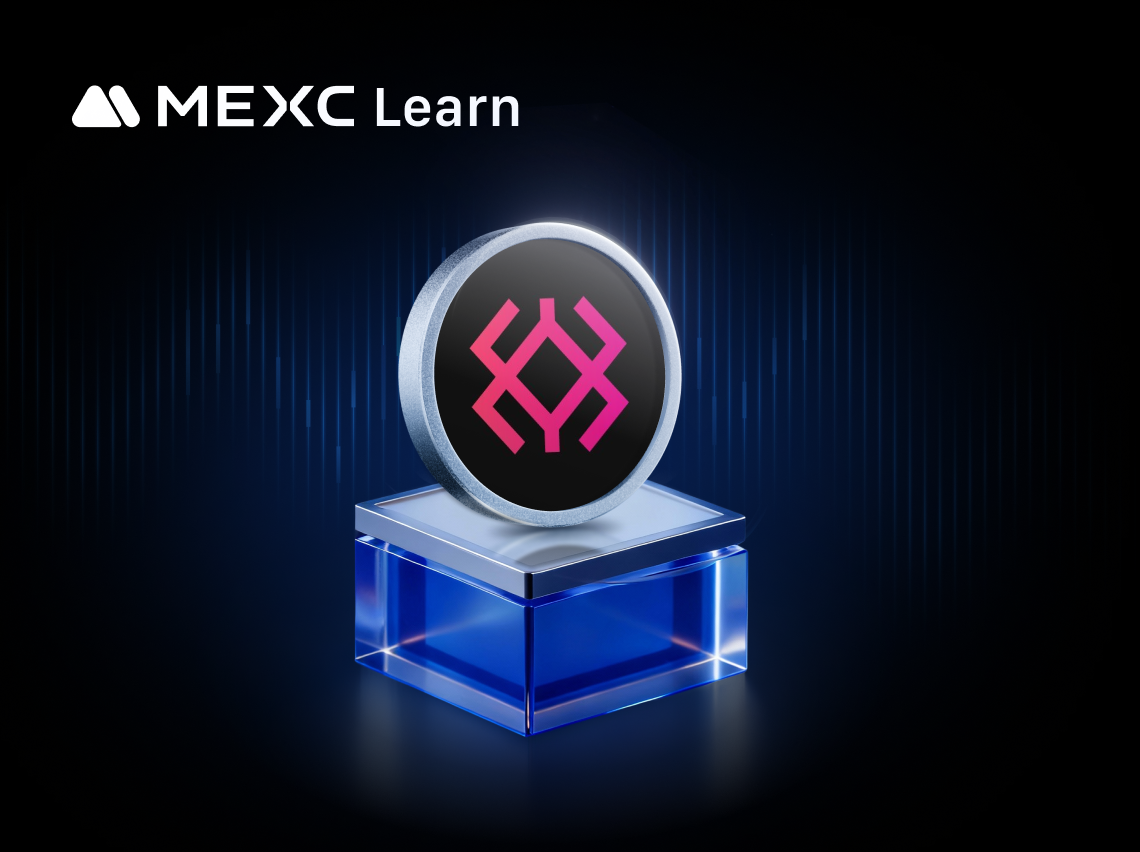
What is Immunefi(IMU)? A Complete Guide to Web3's Leading Security Platform
Key Takeaways1) Immunefi focuses on continuous Web3 security coordination, not one-time audits.2) Bug bounties and audit competitions form the core of its security model.3) Magnus serves as an operati
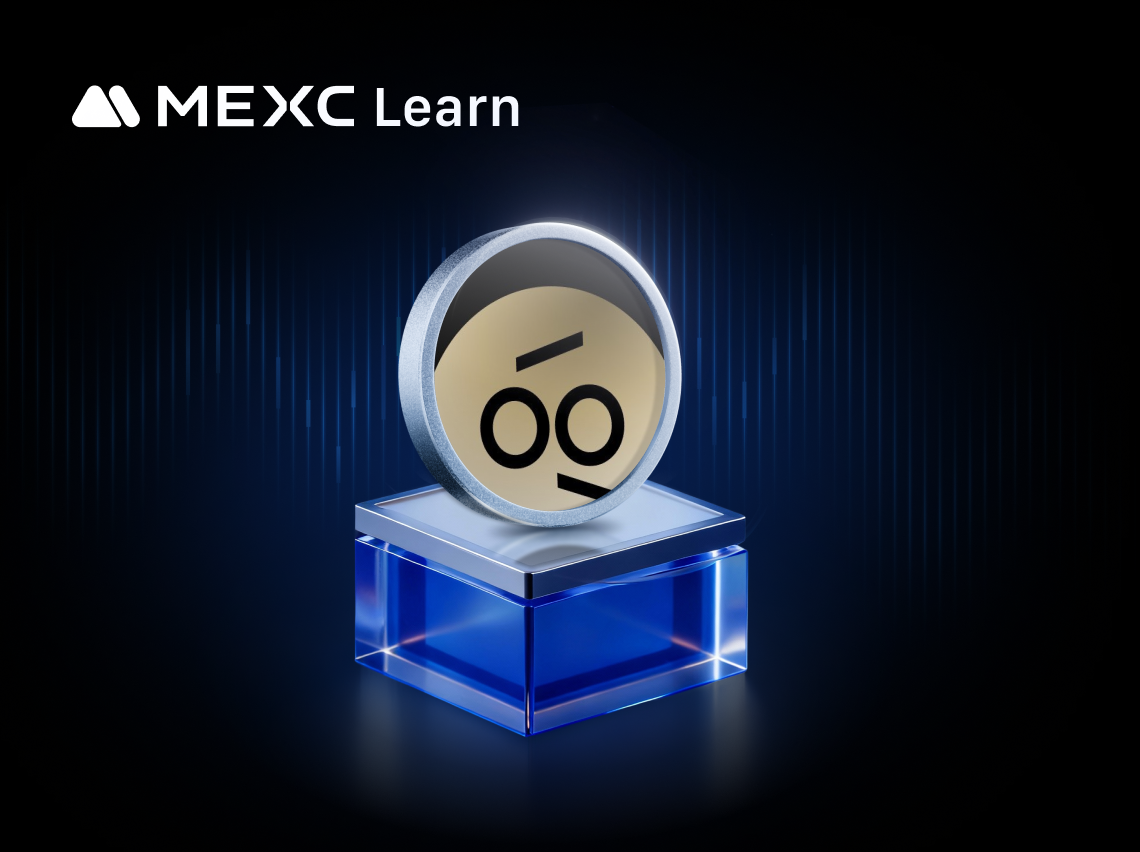
What Is VOOI ($VOOI)? A Non-Custodial Perpetual DEX Aggregator Explained
Key Takeaways1)VOOI is a non-custodial perpetual DEX aggregator that routes trades across multiple DEXs without holding user funds.2)The platform leverages chain abstraction and intent-based execution

Balancing Security and Accuracy: Dynamic Logic of Risk Control Systems
As crypto markets evolve, so do the tactics used by fraudsters and market manipulators. To keep users safe and preserve market integrity, crypto exchanges must constantly enhance their risk control an
Hot Crypto Updates
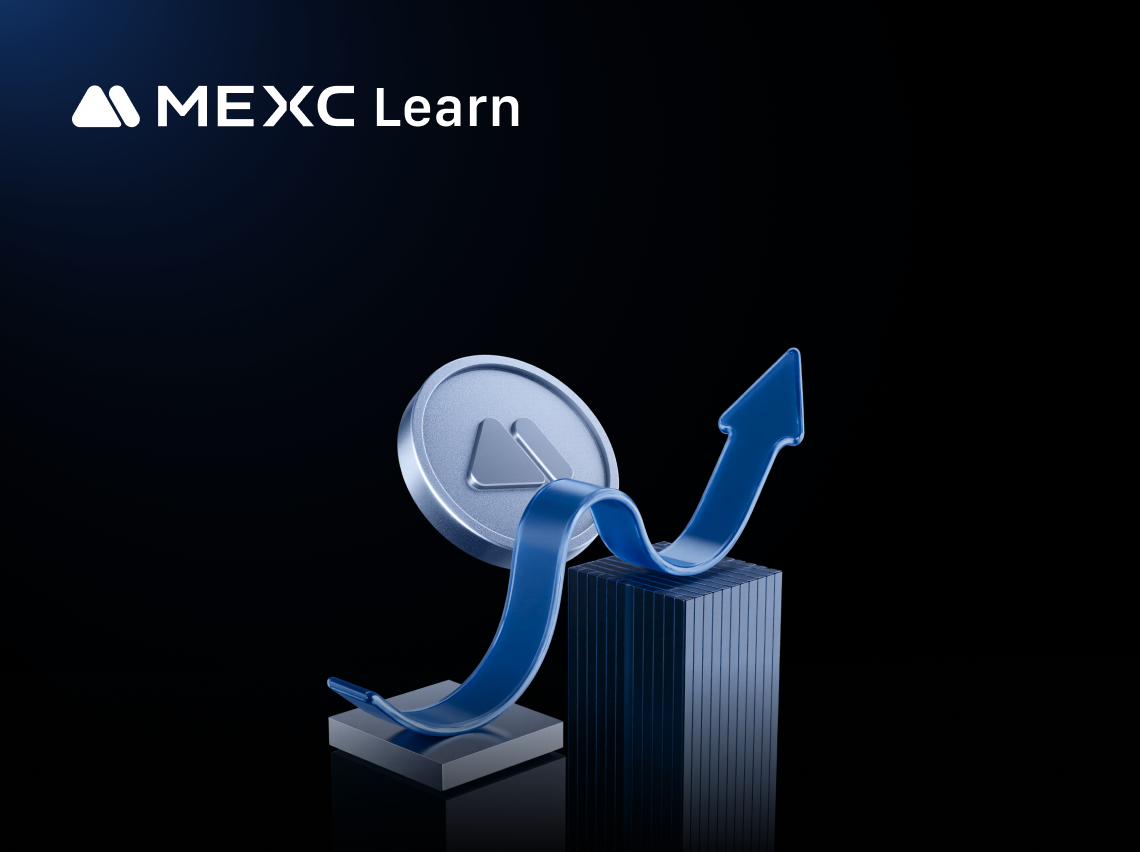
hadtotakeprofits sir (HTTPS) Spot Trading Platform Comparison: Why MEXC Leads the Market
Choosing the right hadtotakeprofits sir (HTTPS) spot trading platform can significantly impact your trading success. MEXC stands out among cryptocurrency exchanges with superior features, competitive
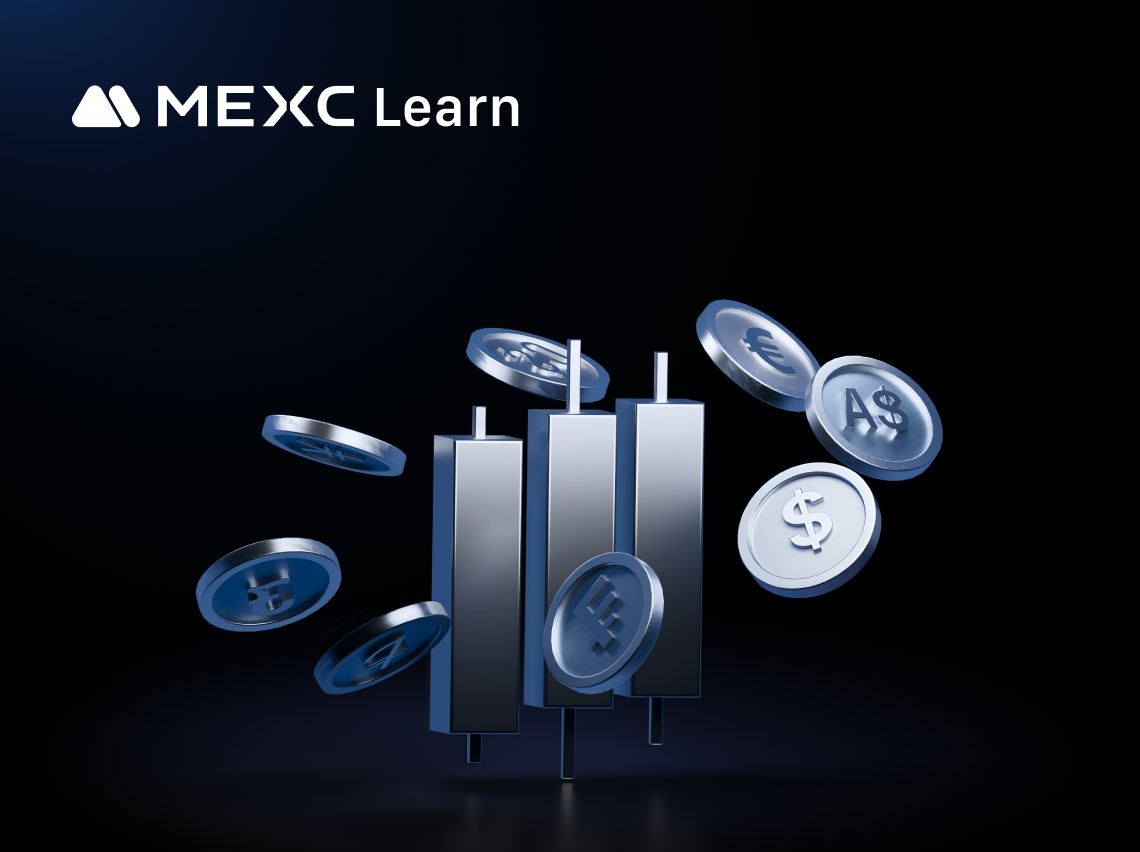
Hadtotakeprofits sir (HTTPS) MEXC Spot Trading App: Your Gateway to Mobile Trading
The MEXC spot trading app revolutionizes how you trade hadtotakeprofits sir (HTTPS) with industry-leading zero maker fees and access to over 3,000 trading pairs. As one of the world's most trusted cry
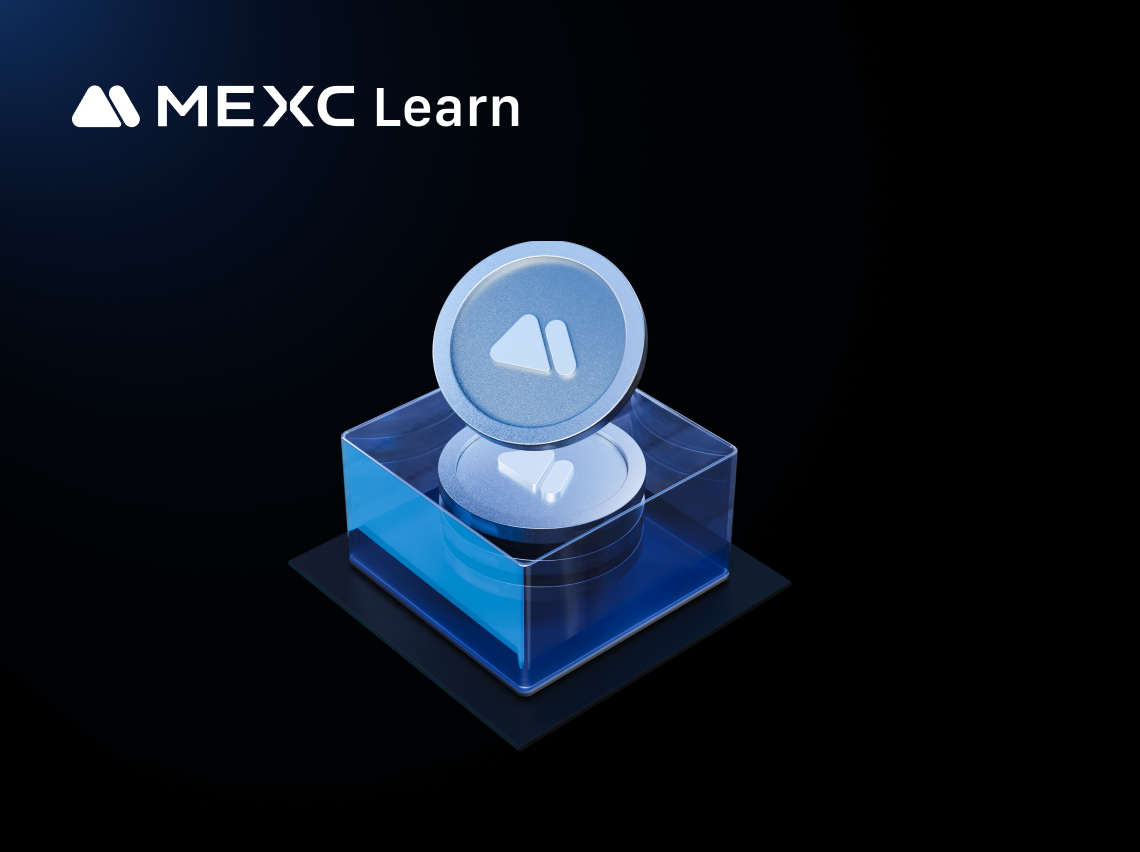
hadtotakeprofits sir (HTTPS) Spot Trading Strategies: A Beginner's Guide
Spot trading involves buying and selling cryptocurrencies for immediate delivery at current market prices. For beginners looking to trade hadtotakeprofits sir (HTTPS), understanding effective spot tra
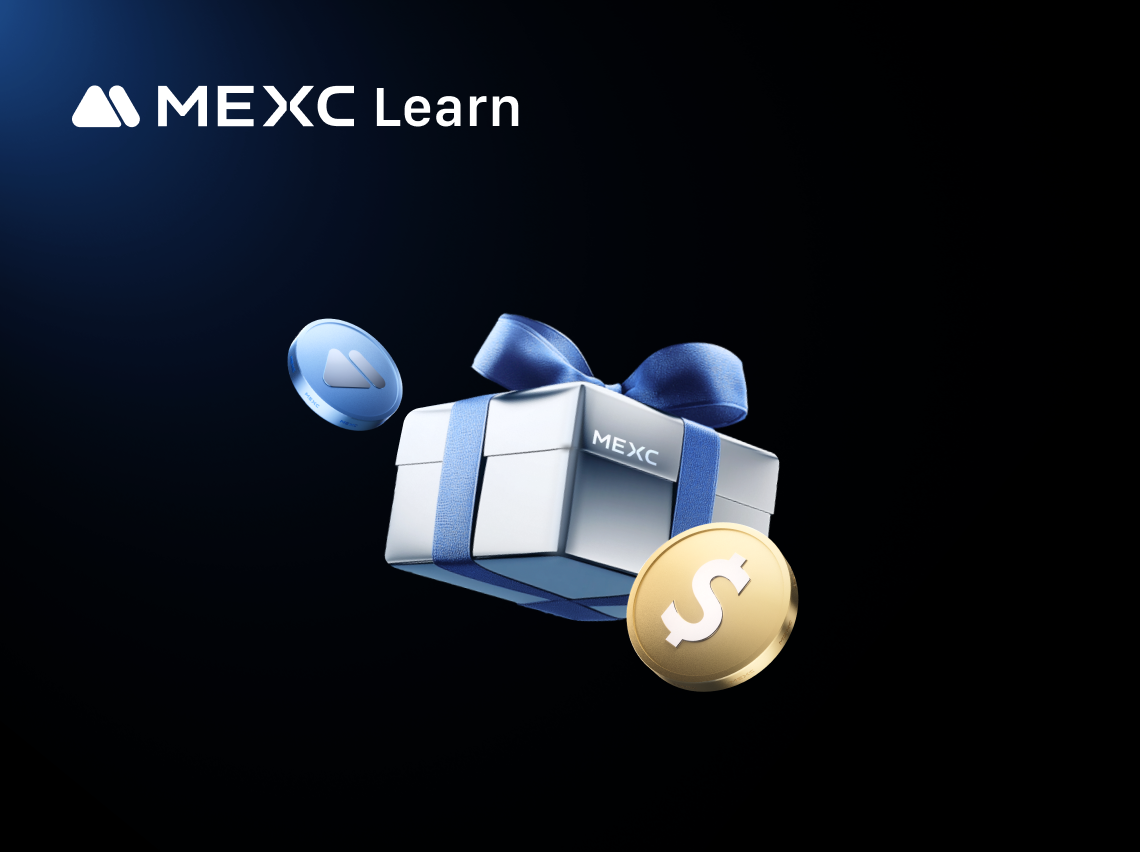
hadtotakeprofits sir (HTTPS) MEXC Spot Trading Fee: Complete Guide for Beginners
Understanding MEXC spot trading fees is crucial when trading hadtotakeprofits sir (HTTPS). MEXC operates on a maker–taker fee structure with 0% fees for makers and 0.05% fees for takers on spot market
Trending News

REX Shares’ Solana staking ETF sees $10M inflows, AUM tops $289M for first time
The post REX Shares’ Solana staking ETF sees $10M inflows, AUM tops $289M for first time appeared on BitcoinEthereumNews.com. Key Takeaways REX Shares’ Solana staking ETF saw $10 million in inflows in
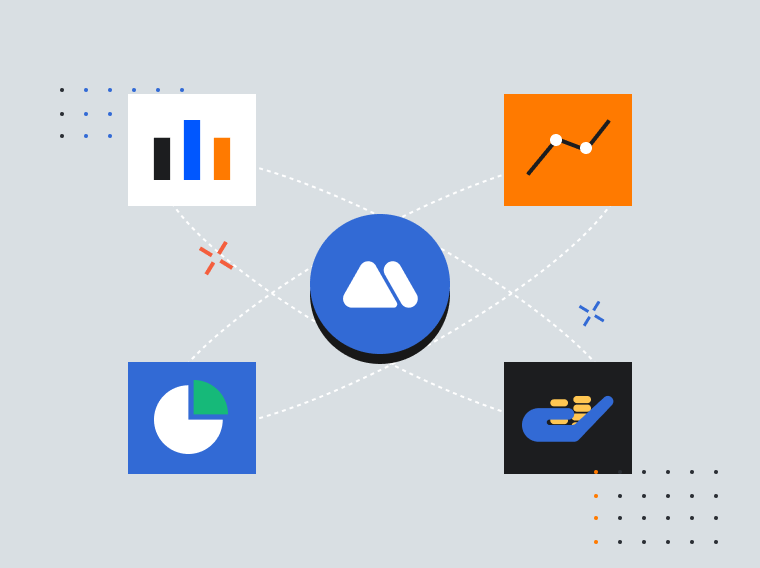
İngiliz Devi CF Benchmarks Bitcoin (BTC) İçin Üç Boğa Senaryosu Sundu! İşte Son Tahminler…
Bitcoin (BTC) ve altcoinler 2025 yılının son günlerine yaklaşırken düşüş trendinde bulunmaya devam ediyor. Ancak 2026 yılı için yükseliş beklentileri devam ediyor

Vitalik Buterin Reveals Ethereum’s Long-Term Focus on Quantum Resistance
TLDR Ethereum focuses on quantum resistance to secure the blockchain’s future. Vitalik Buterin outlines Ethereum’s long-term development with security goals. Ethereum aims for improved transaction eff

Why Airtel is looking to space to close Nigeria’s connectivity gap
The partnership closes coverage gaps neither company can solve alone. Airtel has spectrum, towers, distribution, and tens of millions of users, but extending terrestrial
Related Articles

Understanding Telegram Bots in One Article
Telegram, one of the world's foremost social apps, boasts over 800 million users, with more than 2.5 million new registrations every day. Users prefer Telegram over many other options because of its s

What is an NFT?
NFTs are a type of token with a unique identifier and additional parameters that allow you to store certain information on it. The unique identifier is what makes the token non-fungible. The additiona

What is Web 3.0?
In 2014, Dr. Gavin Wood introduced a revolutionary concept: Web 3.0. His vision was that Web 3.0 should represent a movement and set of protocols aimed at making the internet more decentralized, verif

What is Decentralized Lending?
Similar to DEXs, decentralized lending is also one of the key components of DeFi. If the DeFi Summer of 2020 was fueled by competition among various DEXs, triggering a liquidity race, then the integra
